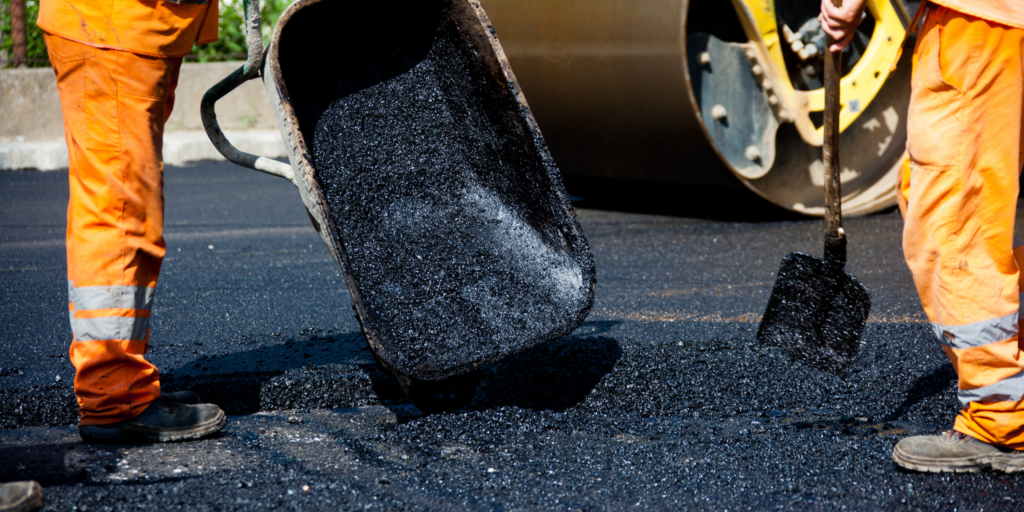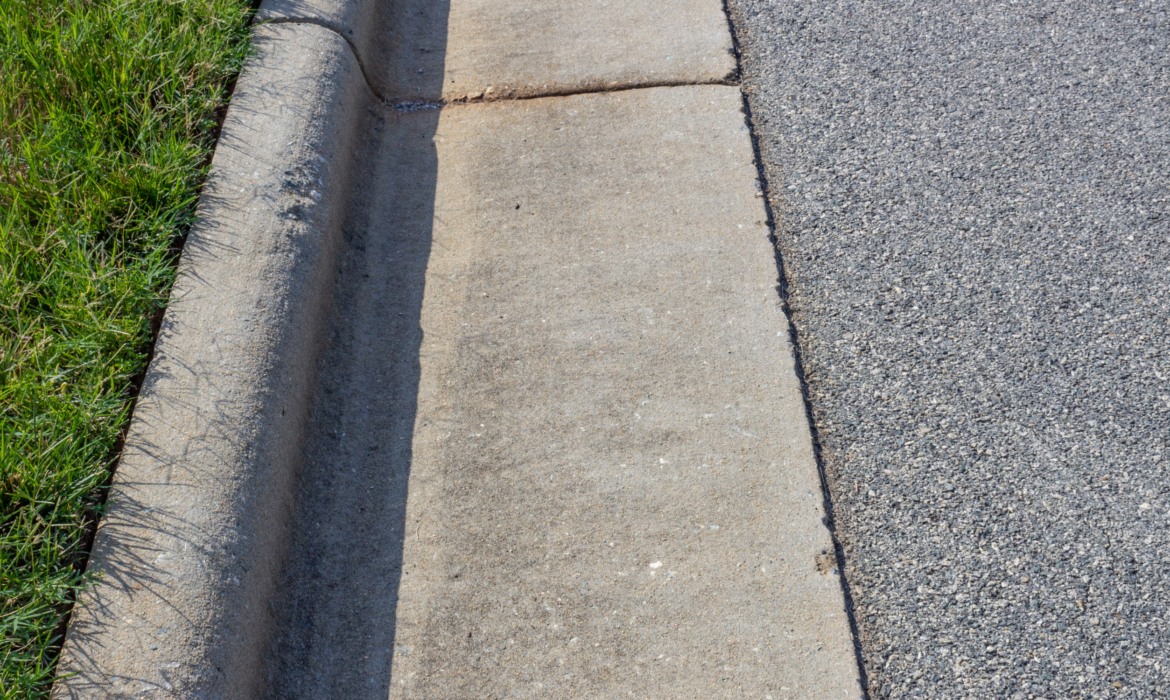Your driveway is both functional and one of the first things guests see when they arrive. Choosing the proper material is important for curbing appeal and durability.
The Purpose of a Driveway
Your driveway is more than a parking spot. It’s essential to your home’s design and functionality. A driveway’s main purpose is to make entering and leaving your property safe and easy.
Your property looks better from the street with a well-designed driveway. Visitors’ first impression of your home is set by it. The appearance of your home can be substantially improved by a clean driveway.
Driveways also provide off-street parking for you and your guests. Keeping cars off the road reduces congestion in densely populated regions. Having a parking area also prevents vehicles from blocking traffic or emergency services.
From the main road to the garage or front entry, driveways connect to your property. They seamlessly connect outside spaces and enhance residential and business premises.
The Benefits and Drawbacks of Asphalt
Asphalt driveways are popular for a reason. Durability is a major virtue of asphalt. Heavyweights and regular traffic won’t break it. Vehicle-heavy locations are excellent for this material.
Besides being strong, asphalt is smooth and simple to drive on. Its dark tint absorbs solar heat, melting snow and ice faster in winter. Installing asphalt driveways is faster than alternative materials.
There are drawbacks to using asphalt for your driveway. The main considerations include maintenance. Due to weather and wear, the surface may fade or crack.
Another problem is that asphalt needs frequent sealing to prevent water and UV damage. An unmaintained asphalt driveway can deteriorate quickly.
Due to its price, many homeowners select asphalt for their driveways over concrete or pavers, despite these drawbacks.
Asphalt has drawbacks, but its durability and affordability make it a popular choice for homeowners seeking a long-lasting driveway.

The Benefits and Drawbacks of Concrete
Driveways made of concrete are popular due to their durability. Concrete’s strength lets it withstand heavy trucks without cracking or breaking. This makes it suitable for homeowners with many cars or regular guests.
Concrete driveways are durable and low-maintenance. They’re easy to clean with a hose or power washer. Concrete resists water damage and other wear is better than asphalt, which requires regular sealing.
Another benefit of concrete is its aesthetics. The range of colors and textures allows homeowners to match their driveway to their home or create a distinctive aesthetic that sticks out in the community.
There are drawbacks to choosing a concrete driveway. Compared to asphalt, installation costs more. Concrete takes longer to cure, so homeowners may need to wait days before driving on it.
Factors to Consider in Choosing Between Asphalt and Concrete
There are various aspects to consider while choosing driveway material. Your climate comes first. Asphalt can endure freeze-thaw cycles without cracking, making it superior in colder areas. If you reside in a warmer climate, concrete may be better because it reflects sunlight and stays cooler.
Another consideration is cost. Although asphalt is cheaper than concrete, it needs more upkeep and repairs. While concrete demands more initial investment, it requires less upkeep over time.
Durability matters too. Asphalt driveways are flexible and can handle big loads without cracking. They may need frequent sealing to prevent oil stains and water damage. Concrete driveways are sturdy but can crack under pressure or shifting terrain.
Many homeowners base their decisions on aesthetics. Asphalt driveways are black and match various building types. With its colors and textures, concrete offers more design alternatives.
Maintenance and Repair Costs for Asphalt and Concrete Driveways
Maintenance and maintenance costs are significant when choosing asphalt or concrete driveways. To stay in good shape, both materials need frequent maintenance, albeit to different degrees.
Asphalt driveways need sealing every few years to prevent UV cracks from fading. This can prolong driveway life and save costly repairs. Small cracks can be repaired with sealer or filler, but bigger cracks may require professional repair.
To avoid cracking and discoloration, concrete driveways need frequent upkeep. We recommend sealing every few years to prevent water damage and oil stains. While concrete is more durable than asphalt, it can crack over time. Repairing these gaps usually includes repairing or redoing the driveway.
Size, condition, location, and local labor costs affect the cost of maintaining and repairing both types of driveways. When choosing a driveway material, budget for these continuing costs.
Both asphalt and concrete driveways require upkeep, so it’s important to compare prices before choosing one. Preventing damage to your material from the start helps reduce repair costs.
Environmental Impact Comparison between Asphalt and Concrete
Environmental effects are vital when choosing a driveway material. Asphalt and concrete have perks and downsides.
Asphalt, manufactured from petroleum, has a higher carbon impact than concrete. Asphalt production increases greenhouse gas emissions. However, asphalt may be recycled, minimizing its environmental impact.
Concrete, however, contains cement, water, and aggregates like sand and gravel. High energy use and CO2 emissions characterize cement production. Concrete has a lower carbon footprint than asphalt after curing because it absorbs CO2 during aging.
Both materials also absorb heat differently. Asphalt retains heat longer than concrete due to its black tone. This can increase urban heat in hot regions. Because it reflects sunlight, concrete stays colder.
These characteristics and your local climate might help you choose a sustainable driveway material.
Conclusion: Which Material is Right for You?
Choose a driveway material after analyzing the pros and cons of asphalt and concrete. There is no one-size-fits-all solution because homeowners have different demands and preferences.
Asphalt may be appropriate for your driveway if cost and maintenance are important. Smooth surface, fast installation, and easy repairs. In areas with high-temperature swings or heavy rainfall, asphalt’s elasticity can prevent fissures.
If durability and lifespan are important, concrete may be best. Although installation costs are higher than asphalt, its lengthy lifespan reduces repair expenditures. Customizing colors and patterns enhances your home’s appearance.
When choosing, consider the local climate (including freeze-thaw cycles), installation budget, and future maintenance expenses.
Choosing between these two common materials depends on your priorities: cost-efficiency or long-term durability.
Take advantage of skilled contractors’ advice before making any selections about what would work best for your area’s weather/soil composition.
Whatever the material, frequent cleaning/maintenance will increase the life of any driveway! Routine maintenance is important regardless of pavement type!

